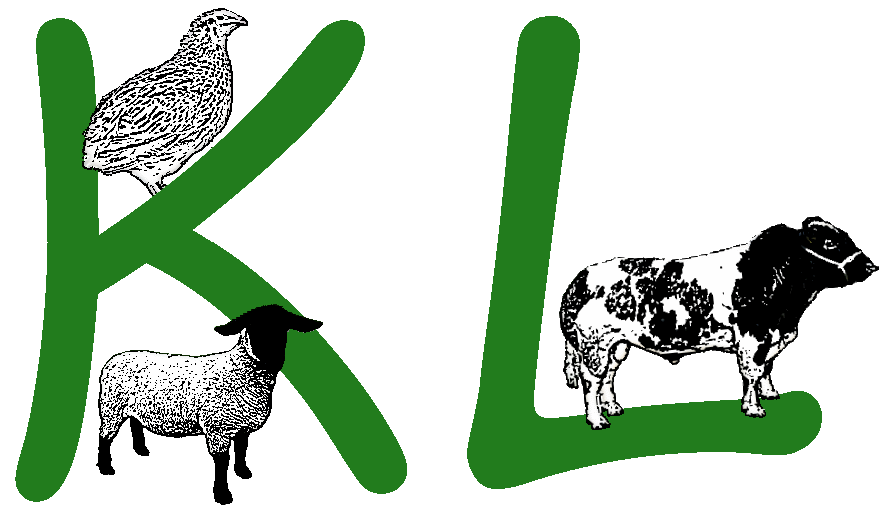Sugar beet
British Sugar, who own all the sugar factories in Britain, allocate each farm who wants to grow sugar beet a certain tonnage. Our contract is to provide 1930t of sugar beet each year. This tonnage is called A & B quota. If you produce over your quota (known as C quota) they will still buy the beet from you but priority is given to people with A & B quota to bring their beet into the factory first. Therefore you may have to wait for other people to lift their A & B quota before you can bring in your C quota. C quota price is dependent on the world sugar price, and we never know how much it will be until after harvest, the price is usually around 1/3 of the price of A & B quota. Some years there is 0 value in C quota! It is usually a juggling act to drill the right number of acres to fill the A & B quota without producing too much C quota. We have to estimate what the yields will be and plant a suitable acreage. All growers have to produce all of their A & B quota 2 years out of 3 otherwise their tonnage will be cut. We normally over produce A & B because of favourable spring weather, the increased viability of new varieties of seed and recent advancements in insecticides and fungicides. New varieties, which are produced each year by selective breeding (not GM), produce a higher sugar percentage.
16% Sugar
British Sugar pay for sugar beet by the tonne of beet at 16% sugar, they will pay you an “adjusted tonnage” which is how many tonnes of beet at 16 % sugar. So if you produce 1000t of beet at 18% sugar they will pay you for an adjusted tonnage of 1125t at 16% sugar. This isn’t an easy concept to get your head round, so don’t worry about it too much! The sugar content of our beet was around 18% in October but the most recently harvested were only 15.5%, this drop in sugar is due to the harsh weather. The sugar market is held fairly stable by the need to compete with cheap sugar from Afrocarribean countries (sugar cane).
Quail
Our most recent hatch of quail chicks was very poor. They are now about 1 month old and only 10 chicks have survived out of 100 eggs. We think this may be due to the egg turner in the incubator breaking part way through incubation. Eggs have to be rolled during incubation to prevent the embryo sticking to the shell, causing the egg to stop developing. We have now replaced the turner and have set more eggs and are hoping for a better hatch.
Other
The fodder beet are proving hard to store as they have started to rot.
The usual maintenance jobs are being done.
Calving has started, so far 4 calves have been born.
Lambing is due to start on 8th March.
28th Feb- We had a successful hatch of quail, 50 have survived to 4 days old out of 100 eggs.
